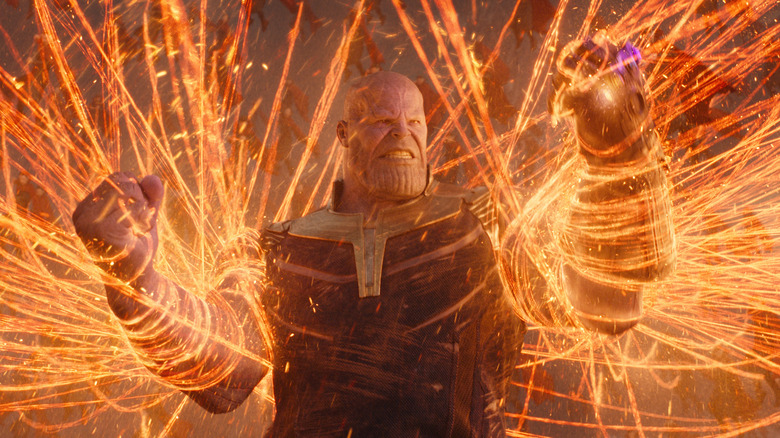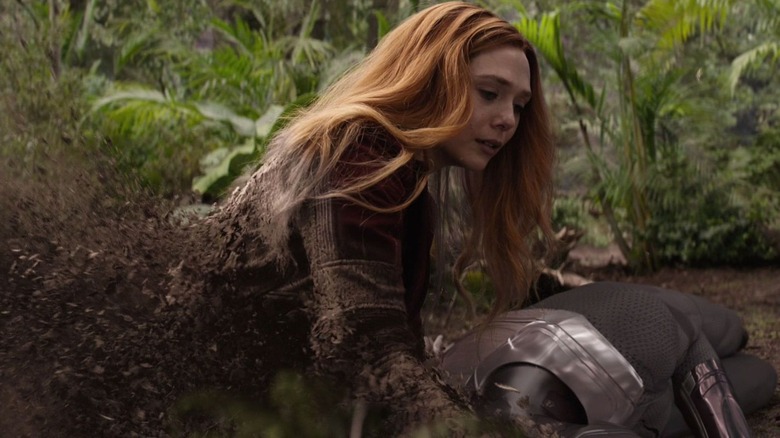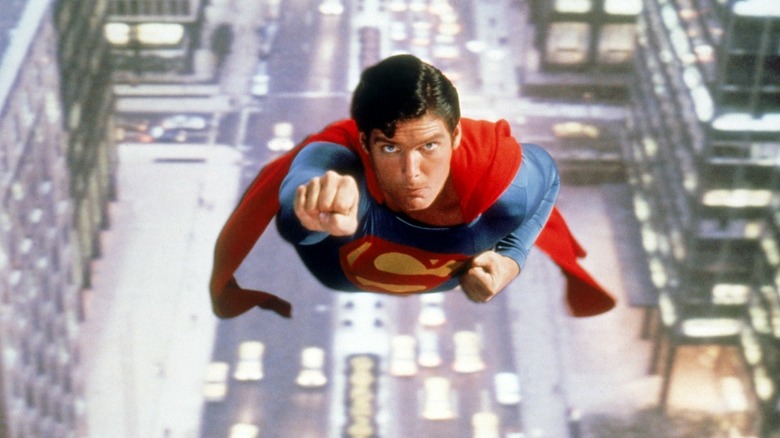The MCU Problem James Gunn Hopes His DC Universe Can Avoid
It's long been said that Marvel Studios has a villain problem. In many of the films in the Marvel Cinematic Universe, the villains are typically bland, lack personality, and have incredibly simple motivations; they are usually spurred by revenge or an implacable lust for power. In the original Marvel Comics from which the MCU villains are all derived, readers are typically given months, years, even decades to understand a power-mad tyrant. As one-off movie villains, however, the characters are given short shrift, becoming mere monsters-of-the-week whom we may very likely never see again. Sometimes a talented actor or actress will be able to bring some pizzazz to a poorly written villain, but the fact remains that the villains remain poorly written.
Which indicates a more fundamental issue than mere villains. Moreso than generic bad guys, the MCU has a story problem. The world of superheroes is typically a universe of moral absolutes; there are heroes and there are villains and they only solve their problems by fighting/killing. There are only so many stories one can explore in that framework. The MCU hasn't wanted to breach traditional comic book boundaries, choosing instead to ramp up the action and feature more and more powerful villains who engage in higher and higher-stakes shenanigans.
After Thanos (Josh Brolin) murdered half the population of the universe in "Avengers: Infinity War," there was really nowhere to go but down. At least that's the way James Gunn feels. Gunn previously made three "Guardians of the Galaxy" movies for the MCU and is currently organizing a cinematic reboot of the DC Comics universe for Warner Bros. Speaking to Deadline in 2023, Gunn revealed that superhero fatigue is real, and that he aims to avoid it with the DCU by focusing on character instead of story.
No one could realistically recover from Thanos
Right away, Gunn was diplomatic, saying that Marvel and DC shouldn't be seen as rivals. Sure, Marvel and DC have vied for control over the comic book market for years, and fans frequently enjoy spirited debates as to the merits and demerits of each, but the MCU and the DCU, Gunn feels, complement rather than conflict with each other. He said:
"To be frank, I think the better Marvel movies do, it's better for DC, and the better DC movies do, it's better for Marvel. [...] When people see bad movies, they don't want to spend more money on seeing more movies. So you want good movies to happen."
He did, however, lightly criticize the use of a universe-wide cataclysm as seen in "Infinity War." Once you erase half the universe, how do you write new stories that can top it? A halved population would be bedlam. Gunn feels that erasing half of the universe would be far too dramatic to recover from, and all the stories moving forward would be about how the entire universe was driven insane by the drama. The filmmaker said:
"There's this worldwide, universe-wide event that happened. And in truth, everybody would be stark raving mad at this point. [...] So it's hard to write stories in the wake of that. Which is why the 'Guardians' movies have been easier, because they're set outside of that a little bit."
Gunn's "Guardians of the Galaxy" films take place in deep space with alien/android/mutant characters who don't interact with other Marvel heroes very often. Their physical distance from other movies allowed him to remain in something of a bubble.
Character > Story
Rather than worry about outsize, universe-wide murder, or world-shattering threats — now a complete snore — Gunn wanted to scale back a little bit and focus on character. He acknowledged that superhero fatigue is very real, although it was a story issue more than a genre issue. He elucidated:
"[Superhero fatigue] has to do with the kind of stories that get to be told, and if you lose your eye on the ball, which is character. [...] We love Superman. We love Batman. We love Iron Man. Because they're these incredible characters that we have in our hearts. And if it becomes just a bunch of nonsense onscreen, it gets really boring. But I get fatigued by most spectacle films, by the grind of not having an emotionally grounded story."
The "big fight" at the end of most superhero movies does indeed tend to be "nonsense onscreen." The movie sets up all the players for two hours, then unloads for thirty straight minutes of mayhem and destruction. The big fight, no matter how action-packed, is never the best part of an action movie. It's an intermission that audiences merely have to wait through in order to see who wins the day.
The fatigue can be fought off if the filmmakers add flavor to the action. Either they can make the action truly unique and spectacular (see: the "Mission: Impossible" movies), or they can make the characters really interesting before the action even starts. Gunn, it seems, is gunning for the latter.


